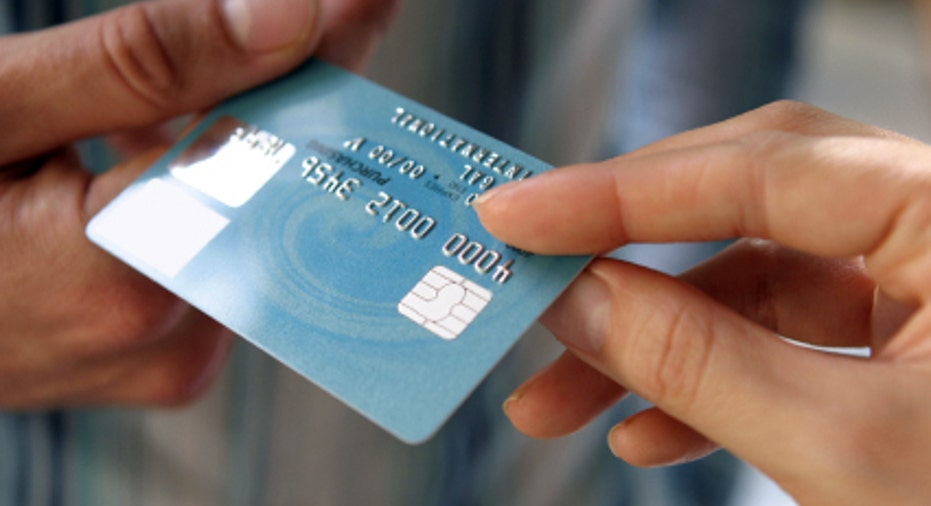Credit Card Restrictions: What Happens After 21?

Under federal law, you have to cosign for your kids to get credit cards in college, unless they can prove they have income to pay the bills.
But what happens after your kids turn 21?
Here are four things to know:
1. Credit Card Independence
The federal credit card regulations for college students don't require a cosigner after they turn 21. But can a young adult who's studying full time qualify for a credit card? Maybe not, especially in a tight credit market. To maintain the accounts, your kids might need you as a cosigner until they get full-time jobs.
2. How to Quit as a Credit Card Cosigner
After your kids have graduated and are holding down regular jobs, it's probably time to cut the credit cord. Talk to your kids, and contact the credit card companies in writing to request your name be removed from the accounts. Issuers' policies vary, but you may have to close the accounts, and have your kids apply for new accounts.
3. Credit Card Debt Liability
The average college senior graduated with more than $4,100 in credit card debt, according to Sallie Mae's most recent survey. Ouch. If your kid can't pay off a credit card, then it's your responsibility if you've cosigned on the account, and the consequences are serious if you refuse. The unpaid debt shows up on both of your credit reports and hurts both of your chances for getting future credit.
4. The Upside of a Cosigned Credit Card
At this point you might wonder if cosigning credit cards is worth the hassle. But you and your kids benefit if they manage the credit card accounts well in college. (That means paying bills on time every month and keeping balances below 30% of credit limits -- two major factors in credit scoring models.) Your kids can have a jump start on establishing good credit histories -- a big plus for qualifying for loans and apartments and getting good jobs. Many employers check applicants' credit reports to gauge overall responsibility. The credit card accounts you cosign also appear on your credit reports, so they help your credit score, too, if they've been managed well.
Cosigning a credit card account is serious business. Consider the liability before you cosign, and monitor the account so you don't face paying a huge bill when you're ready to bow out.
The original article can be found at IndexCreditCards.com:Credit Card Restrictions: What Happens After 21?



















